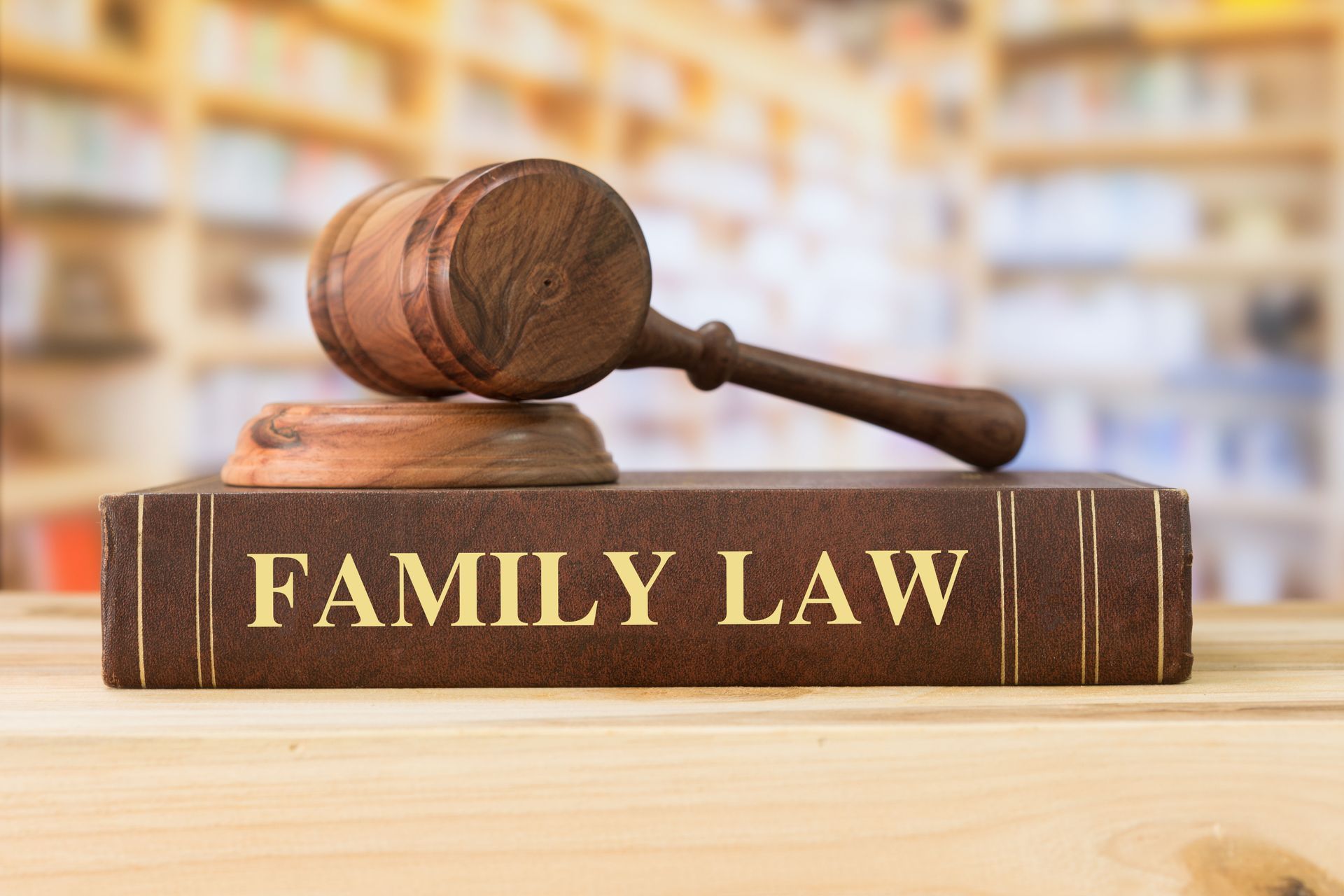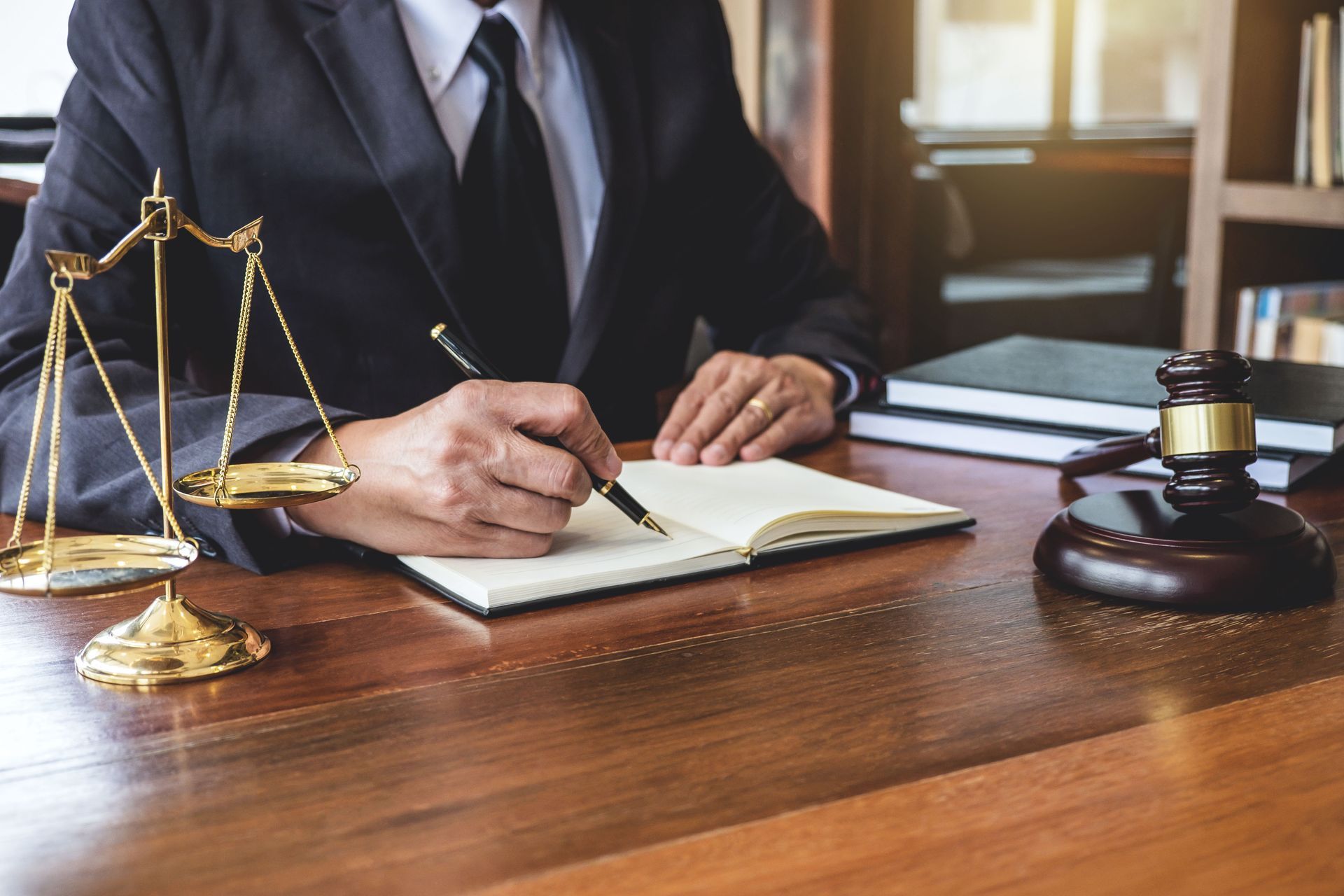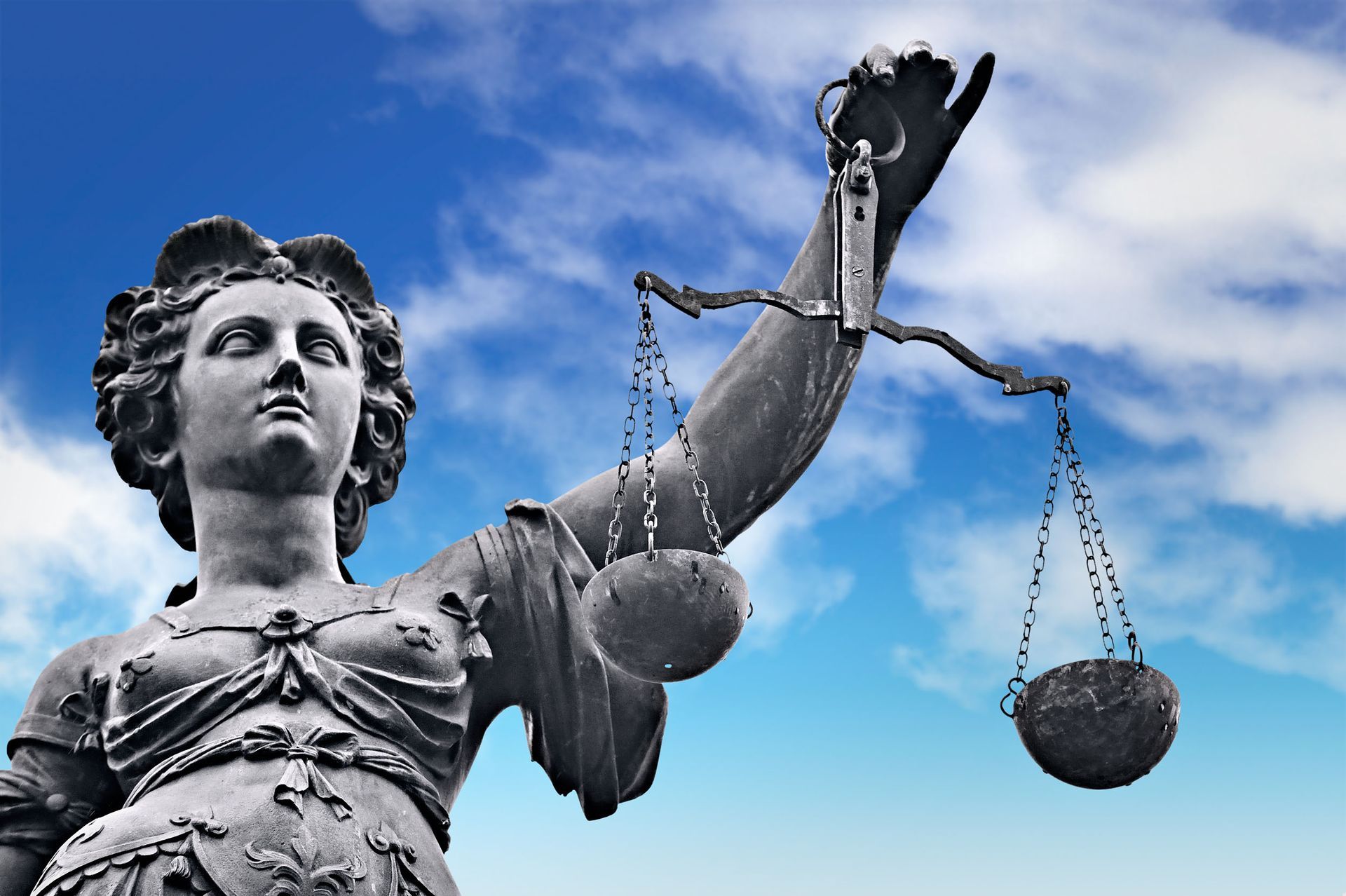Understanding Your Rights: What to Do If You’re Arrested
Getting arrested can be one of the most stressful and frightening experiences a person can face. Whether or not you believe you’ve done something wrong, the situation can quickly feel overwhelming. Law enforcement procedures, legal terminology, and fear of what comes next often leave people unsure of how to act or what their rights actually are.
Knowing how to respond in these moments can make a significant difference in protecting your freedom and your future. This guide explains what you should do if you find yourself under arrest, what your constitutional rights include, and how experienced legal professionals can help guide you through the process.
Know Your Rights from the Start
The moment you are arrested, you are protected by specific constitutional rights designed to ensure fair treatment under the law. Understanding these rights can help you stay calm and avoid making mistakes that could harm your case.
The first and most important right is your right to remain silent. Anything you say can be used against you in court, so it’s often in your best interest to avoid answering questions without an attorney present. You are not legally required to explain yourself, defend your actions, or provide any statements about the alleged crime. Simply saying, “I’m invoking my right to remain silent,” is enough.
Next is your right to an attorney. If you can’t afford one, a public defender will be appointed to represent you. However, if possible, it’s often beneficial to contact private criminal attorneys who can devote more time and resources to your defense. They can ensure that your rights are protected from the start, help you understand the charges, and begin building a strong case in your favor.
You also have the right to be free from unreasonable searches and seizures. This means officers generally need a warrant or probable cause to search you, your vehicle, or your home. If evidence is obtained unlawfully, your attorney may be able to get it thrown out in court.
Remember, even in tense or intimidating situations, exercising your rights calmly and respectfully can help preserve your best possible outcome.
Stay Calm and Follow Lawful Instructions
During an arrest, how you act can significantly impact the situation. While emotions might be running high, staying calm, respectful, and cooperative is the best approach. Resisting arrest or arguing with officers can make things worse, potentially adding extra charges such as resisting or obstructing justice.
If the police instruct you to put your hands behind your back, get out of your vehicle, or move to a specific area, comply with those commands. You can assert your rights without escalating the situation. It’s completely acceptable to calmly say that you wish to remain silent or that you would like to speak with an attorney before answering questions.
Even if you believe you’re being wrongfully arrested, don’t try to argue your case with the officer. The time and place to contest the arrest is in court, not at the scene. Once you’re taken into custody, you’ll have the opportunity to contact legal representation. Criminal attorneys can review the circumstances of your arrest to determine whether any laws were violated by law enforcement and whether that might affect your case.
Additionally, remember that anything said or done during an arrest can be recorded and used as evidence later. Avoid discussing details of the situation with anyone other than your attorney. Police officers may seem friendly or casual in their questioning, but their primary role is to gather information. Staying polite but quiet is usually the safest choice.
What Happens After the Arrest
After being arrested, you’ll typically be booked at a local police station or jail. This process includes recording personal information, taking fingerprints and photographs, and possibly a search. Depending on the charges and circumstances, you may be eligible for release on bail or bond while your case proceeds.
At this stage, it’s crucial to reach out to criminal attorneys as soon as possible. The earlier they can get involved, the more they can do to protect your rights. They can review the details of your arrest, ensure you’re being treated fairly, and begin negotiating with prosecutors if appropriate.
You’ll be informed of your charges and given a court date for your arraignment, which is your first formal appearance before a judge. During this hearing, you’ll enter a plea—guilty, not guilty, or no contest. Your attorney will guide you through which option is best based on your case.
It’s also important to know that being charged doesn’t necessarily mean you’ll go to trial. In fact, according to Nolo, the rate of criminal cases that actually make it to trial is around 2% or 3%. The vast majority are resolved through plea bargains, dismissals, or other pre-trial agreements. This makes having strong legal representation even more important, as skilled attorneys can often negotiate favorable outcomes without the stress and risk of going to trial.
How Criminal Attorneys Can Help You
Navigating the criminal justice system is complex, and trying to do it alone can be overwhelming. Criminal attorneys play a vital role in helping you understand your rights, the legal process, and the options available for your defense.
From the moment they’re hired, they start by reviewing the evidence, investigating the circumstances surrounding your arrest, and identifying any possible violations of your rights. For example, if you were questioned without being read your Miranda rights, or if an illegal search occurred, your attorney can use that information to challenge the prosecution’s case.
They also provide strategic guidance on how to proceed—whether that means pursuing a plea bargain, seeking dismissal of charges, or preparing for trial. Because criminal law involves many technical details and deadlines, having experienced legal counsel ensures that nothing is overlooked.
In addition to their legal expertise, criminal attorneys offer emotional support and reassurance during what can be an incredibly stressful time. They act as your advocate and spokesperson, handling communication with law enforcement, prosecutors, and the court. This helps prevent you from unintentionally saying something that could hurt your case.
Their role doesn’t stop at representation—they also educate you about your rights and responsibilities so you can make informed decisions at every step. Whether it’s understanding bail conditions, attending hearings, or exploring plea options, having a knowledgeable attorney by your side provides both confidence and clarity.
Preparing for the Legal Process Ahead
Once your case is underway, preparation becomes key. Your attorney will likely work with you to gather supporting evidence, such as witness statements, surveillance footage, or expert testimony. They’ll also review the prosecution’s evidence for weaknesses or inconsistencies.
It’s important to stay proactive and involved in your defense. Provide your lawyer with honest, detailed information about the situation, even if you think it could make you look bad. The more your attorney knows, the better they can build a defense strategy tailored to your specific circumstances.
Court proceedings can be lengthy, sometimes taking months or even years to resolve. During this time, staying out of further legal trouble and following any court-ordered conditions—like attending counseling or staying within a certain jurisdiction—is essential. Violating these terms can negatively impact your case and harm your chances for a favorable outcome.
Your attorney may also help you explore alternatives to conviction, such as diversion programs, community service, or probation. These options are often available for first-time offenders or less serious charges and can help you avoid long-term consequences like jail time or a permanent criminal record.
Criminal attorneys are invaluable allies during this process, offering both legal expertise and peace of mind. They help you navigate complex procedures, negotiate with prosecutors, and fight for the best possible result in your case.
No matter the circumstances, knowledge is power. Understanding what to do if you’re arrested empowers you to make smarter choices, avoid common mistakes, and ensure your rights are upheld at every turn. With the right support and guidance, you can face the situation confidently and work toward putting it behind you.
If you or someone you know has been arrested, don’t face the legal system alone—contact Pratt & Wall today. Our experienced criminal attorneys will protect your rights and fight for the best possible outcome in your case.











Share On: